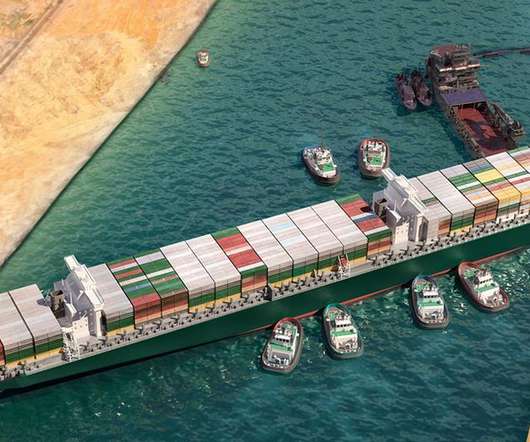Two Important Questions About the Future of Freight Moves
Talking Logistics
MARCH 7, 2016
Freight tons moving on the nation’s transportation network will grow 40 percent in the next three decades while the value of the freight will almost double, increasing by 92 percent, according to the latest projections by the U.S. trillion in 2015). trillion in 2015). That is the “hundreds of billions of dollars” question.
















Let's personalize your content